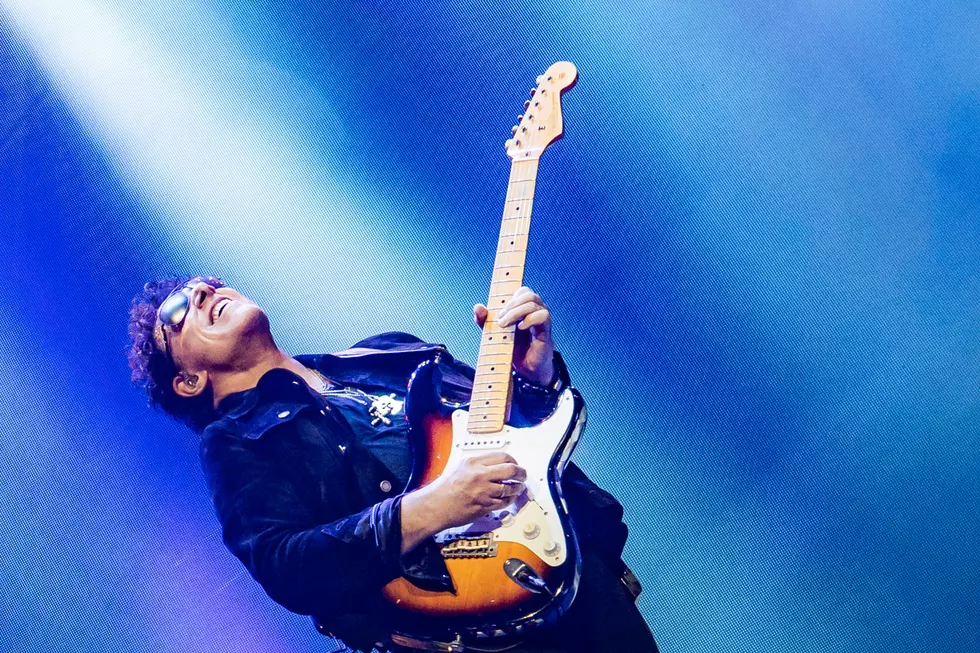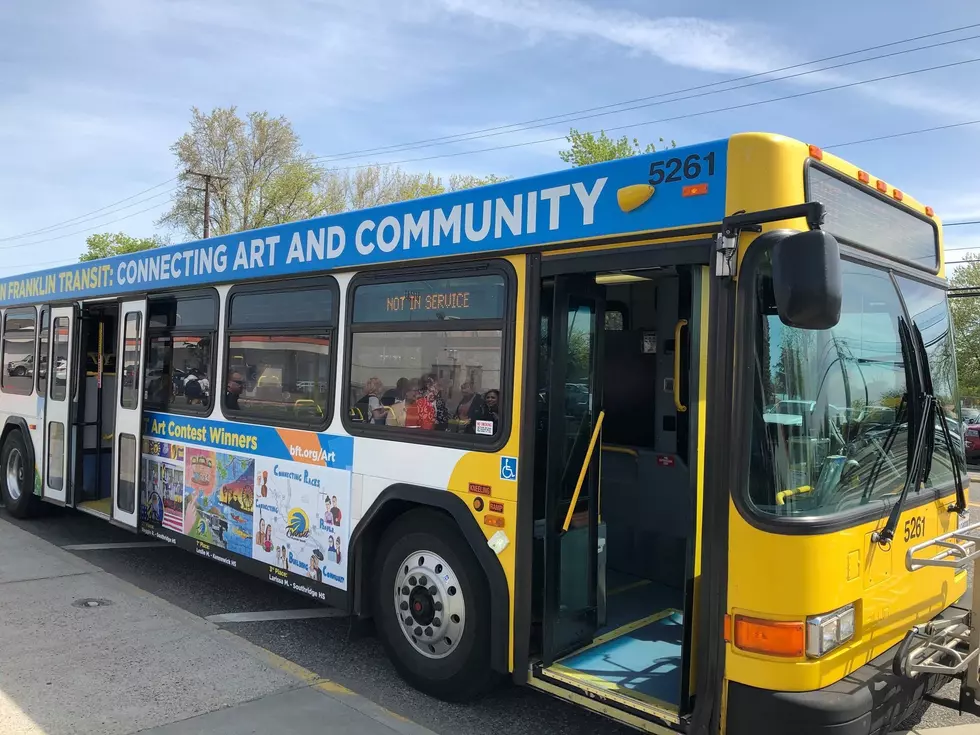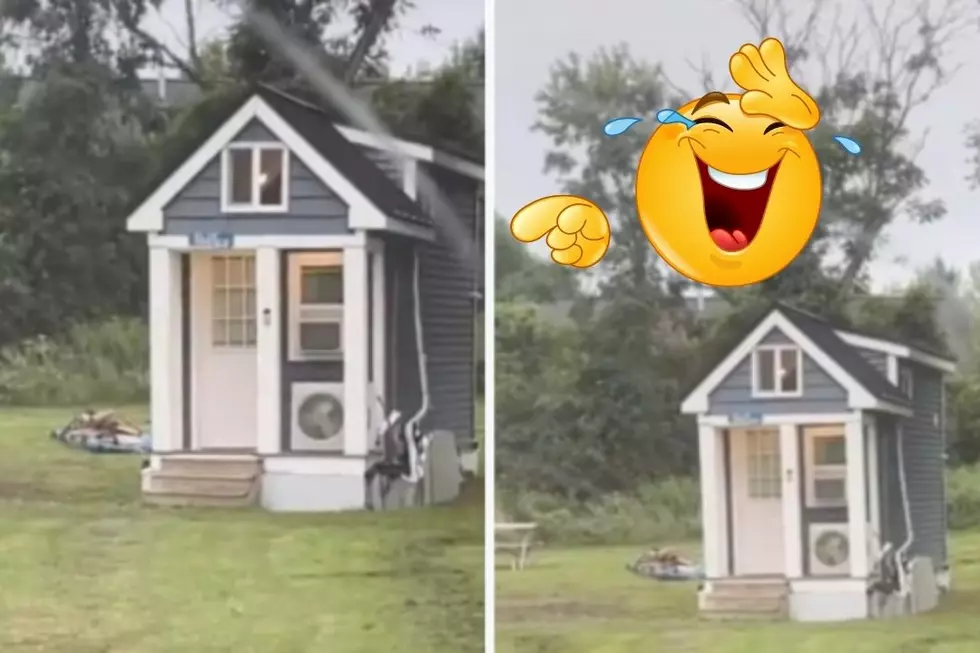
50 Years Ago: ‘The Midnight Special’ Changes Music Entertainment
As incredible as it might sound now, there was a time when televised entertainment wasn't available around the clock. That all changed with Burt Sugarman's music-oriented variety show The Midnight Special, which debuted on Aug. 19, 1972.
Until the early '70s, it was standard practice for most TV stations to shut off their programming after midnight and show nothing at all until the local news came on in the morning. None of the three national networks, ABC, CBS and NBC, had any programming that ran later than 1AM.
Sugarman, a TV producer with experience in the music industry, saw a missed opportunity. The last show that NBC aired on Friday nights was The Tonight Show Starring Johnny Carson, which was immensely popular, and had a big audience of people in their teens and 20s.
So why assume all these people went to bed on Friday night immediately after Carson's program ended? Why not create a show geared toward younger audiences – featuring live music and the occasional comedian or variety performer and see if it would make some money?
It was a great pitch, but NBC was having no part of it. So Sugarman did what any great promoter does, and took a huge gamble. He purchased the air time himself, convinced Chevrolet to be the sponsor, and made a 90-minute pilot episode.
Watch John Denver and Cass Elliot on the Pilot of 'The Midnight Special'
"The network felt that the rock 'n' roll people were all drugged out and half of them wouldn’t show," Sugarman told Jason Price in 2014. "I said, 'I'll tell you what, I'll put up the money,' and I said, 'I'll give you another reason: It's a voting year and I'll make it a get-out-to-vote show for young people.'"
And that's what Sugarman did: Between performances, young people were encouraged to register and reminded that the voting age had recently been lowered to 18.
The real draw to the pilot, however, was the fact that it would feature live musical performances, instead of the lip-synched ones that were then the norm on many television shows. Sugarman leaned into this trope. He called his show The Midnight Special after an old American standard, and got Johnny Rivers to record the song as his theme music.
He enlisted famed DJ Wolfman Jack to be the announcer, and convinced John Denver to be his guest host. He got Andy Kaufman to do a comedy set, and signed up musical acts including Cass Elliot, Harry Chapin, the Everly Brothers, War, Linda Ronstadt, Argent, and the Isley Brothers – all of whom would perform live.
It worked. NBC saw the ratings, bought the show, and put it into regular production, where it would remain – always on late at night – into the early '80s.
Watch Kiss on 'The Midnight Special'
During that time, The Midnight Special became the premier TV venue for bands who wanted to perform live to get their music out to a national audience.
"Back then, a band would come to Los Angeles on Saturday and lip-sync their hit on American Bandstand," distributor Paul Brownstein later told Ed Robertson. "If they really wanted major television exposure, though, they'd have to go to NBC in Burbank and do The Midnight Special, because that was the only opportunity for a network TV gig at the time. They would perform with live vocals."
During the show's run, this opportunity drew an immense number of bands. Wolfman Jack remained as the announcer, and would often interview the acts after they played, but The Midnight Special also featured a number of guest hosts – usually musicians – who would run the show in between their own performances.
The immense list of acts who appeared on the program reads like a who's who of rock 'n roll from the '50s, '60s and '70s including Chuck Berry, Blondie, Aretha Franklin, Prince, Tom Petty, Aerosmith, AC/DC, Elton John, Fleetwood Mac, David Bowie and almost everyone between. Comedians George Carlin, Steve Martin and Richard Pryor also performed on the show, as did Monty Python. ELO appeared seven times, more than any other group.
Watch Prince Perform on 'The Midnight Special'
The live music performance aspect of The Midnight Special could actually be intimidating, particularly for acts who were used to lip-syncing on TV.
"We had, over the long time we ran on the air, about seven, eight, or nine acts that just wouldn’t sing live," Sugarman later told MTV's Mark Goodman. "They said, 'We can't' or 'We won't; we don't do that,' and I just didn’t put them on. Obviously, I can’t name them. Half of them are still around right now. They were frightened. That’s what it was."
It was a magical show, and brought music to a nation-wide audience that craved it. All good things, however, must end: The last episode aired on May 1, 1981. after NBC pulled the plug. The era of variety shows was drawing to a close, and there was a new form of televised music on the way which perhaps never would have appeared if The Midnight Special hadn't proved that there was an immense appetite for music being broadcast on TV at all hours of the day and night.
That new form of music was the video, of course. MTV made its debut on Aug. 1, 1981, just three months after The Midnight Special closed its doors.
Rock's 60 Biggest 'Saturday Night Live' Performances
Was Aerosmith’s ‘Night in the Ruts’ Doomed to Fail?
More From 97.5 KOOL FM










